The Blackness*. I grew up in The Blackness. I didn’t know it was The Blackness as a wee child. I only knew it as the world – my world – the only world I knew, the only world I needed, the only world I wanted.
Even when we moved during my childhood years – we moved from one Blackness to another one.
We started out in Kinloch, Missouri, an all-Black city whose mayor, school superintendent, fire chief, police chief, teachers, store owners, ministers, church folk, movie theatre, night life people, and any and everything between, were all Black. The next Blackness community we lived in was in the city of St. Louis, bordering on Wellston.
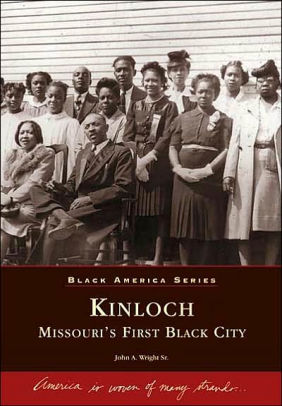
We didn’t move out of that Blackness until the summer before my junior in high school when we were thrust into the Whiteness, University City, Missouri, that was being slowly but steadily integrated by Black families. Many White families felt infiltrated when Black families started coming and relocated with a quickness. But that’s not what this post is about. This post is about The Blackness.
I was loved the Blackness. I was nurtured in the Blackness. I was disciplined in the Blackness. I was protected in the Blackness. I was accepted in the Blackness despite being teased about my being light Black (the Blackness containing the full-spectrum of skin colors). The people who teased me were the same people who loved and lifted me – Black people.
As a young teen, I realized that virtually none of the books I was reading and very few of the television or movies I was watching in that time of Blackness, had people who looked like me in them. I thought they did. If I read a story was about a girl, I related to it as a girl. The magazines in our house were mostly Black ones – Ebony , which came monthly, Jet – weekly, and Life magazine (not Black but full of photos, which were sometimes of Black people). We got Black newspapers – the St. Louis American (Black-owned with Black reporters); the St. Louis Argus (Black-owned with Black reporters) and, the Evening World (or was it Whirl) which was a Black-owned and reported gossip/rumors/innuendoes that told the real deal and which I could rarely lay my hands on as a kid, though I tried. We also got the White-owned and largely White-reported St. Louis Post-Dispatch.
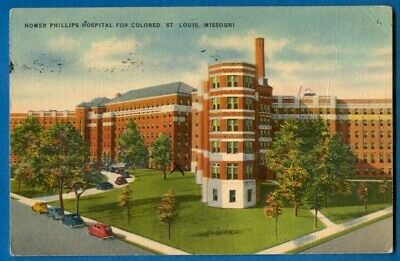
My (step) grandmother worked in the kitchen at a large Black hospital – Homer G. Phillips, that had Black nurses, doctors, and orderlies and, well, Black everybody, most of all the patients.
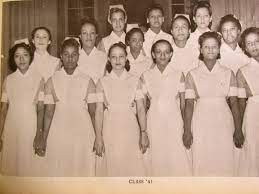
Next to it was a Black orphanage, The Annie Malone Home, whose major benefactor was a wealthy Black woman, Annie Turnbo Pope Malone, who owned a college that taught Black hair care. She taught Madame C.J. Walker.
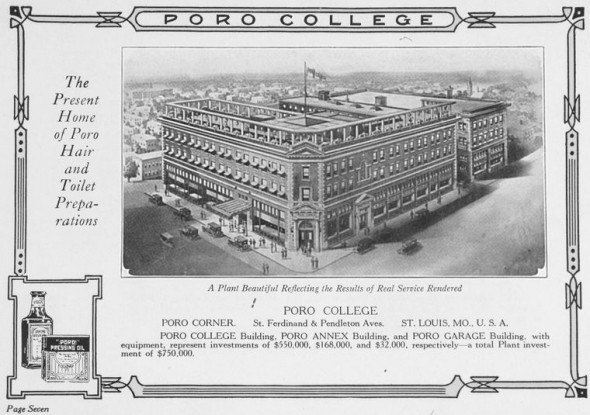
The Blackness was my foundation and it served me well, so well that I survived the slings and arrows of the Whiteness and damaged Black people who hadn’t grown up with such a foundation.
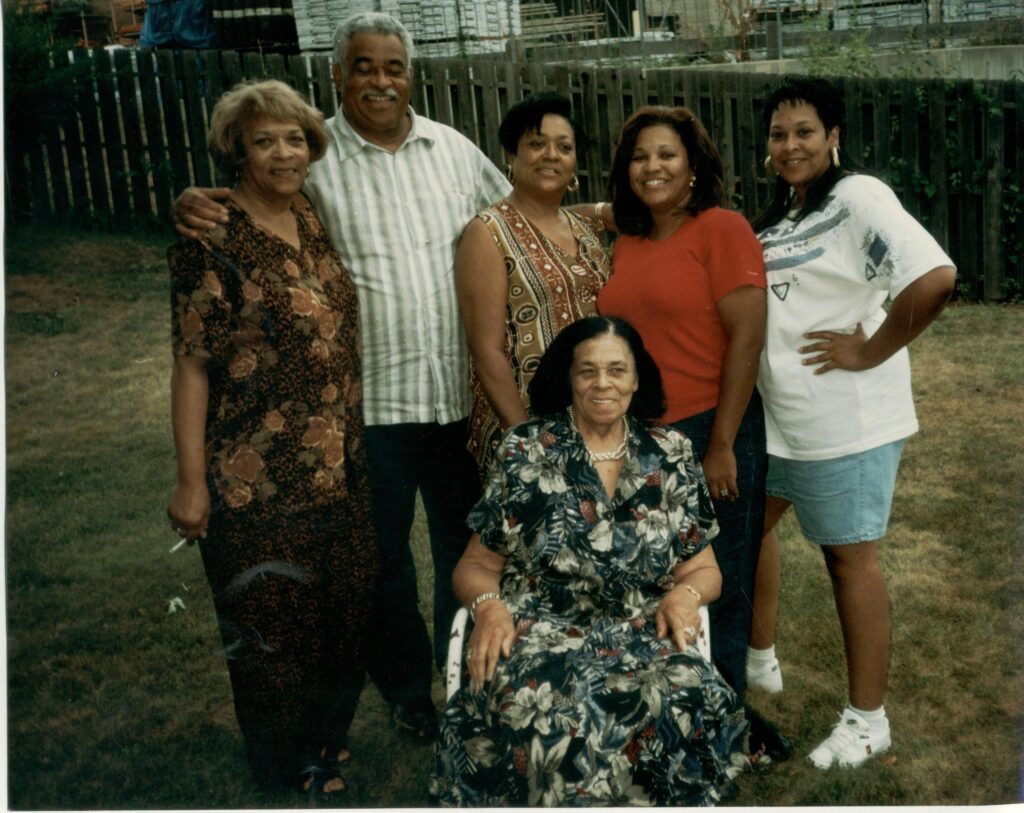
As an adult, I realize it wasn’t as idyllic as it felt at the time. There was racism, discrimination, class divisions, color diversions, conservatism, poverty, diminishment of brother/sister-hood as people left for the grass that looked greener. I wouldn’t change my upbringing for the world. I wish we had not thought that the only way to be better was to let go of what we had in the Blackness to move into the Whiteness which could accept us but only so far.
B-L-A-C-K…nuss as expressed by master musician Rahsaan Roland Kirk.
The Blackness as expressed by The Sounds of Blackness: “The Blackness – never say die.” My home, forever.
Links:
Song, Optimistic by The Sounds of Blackness
https://genius.com/Sounds-of-blackness-optimistic-lyrics
Kinloch – Missouri’s first all-Black City
https://en.wikipedia.org/wiki/Kinloch,_Missouri
Annie Malone – Inventor, Philanthropist, and College Founder
